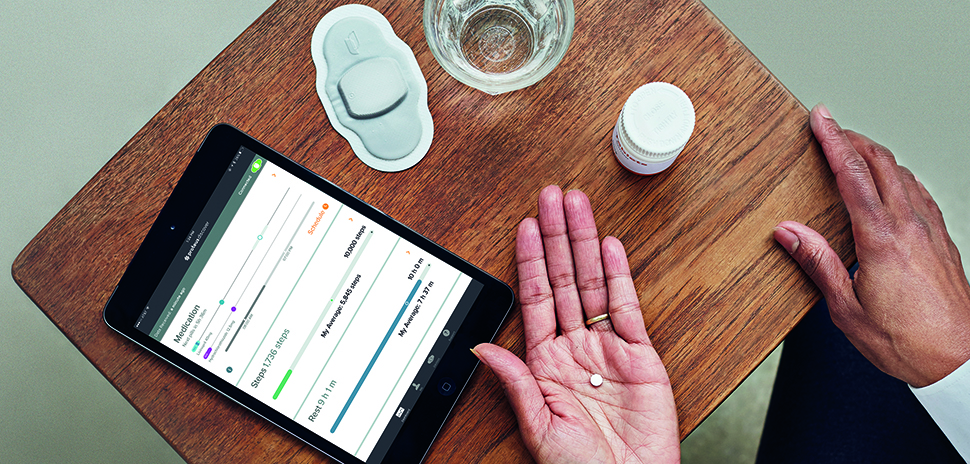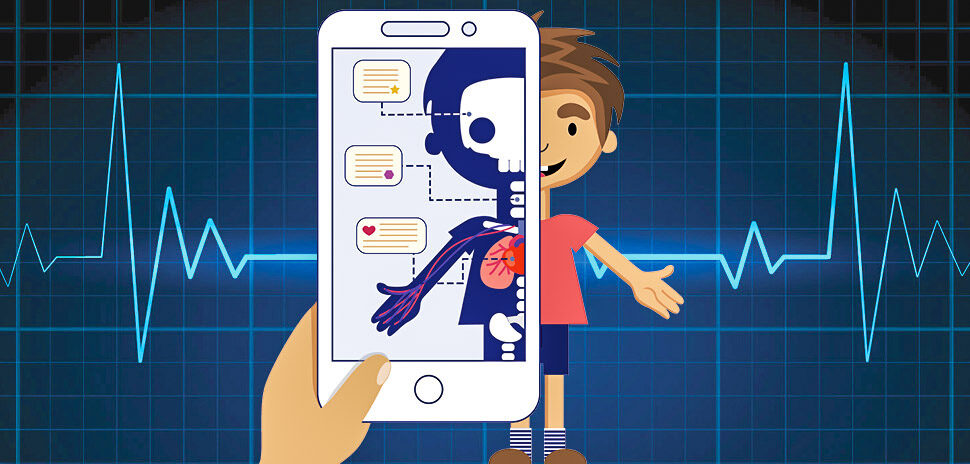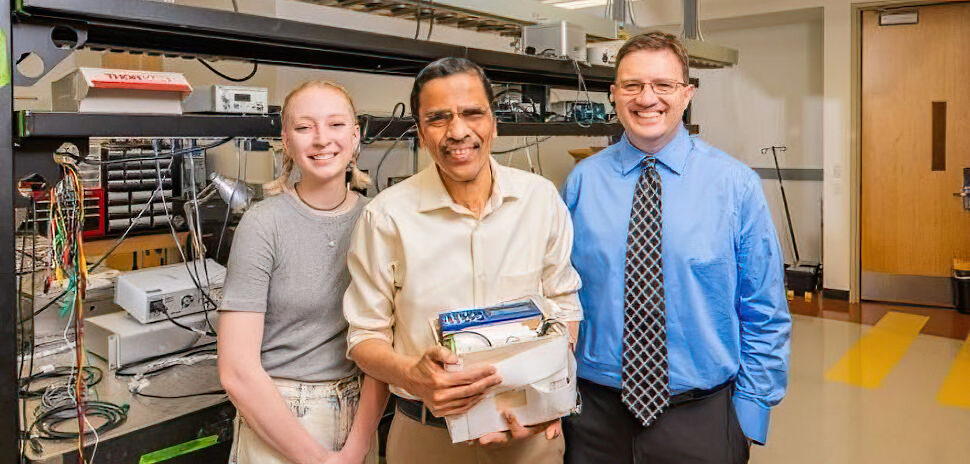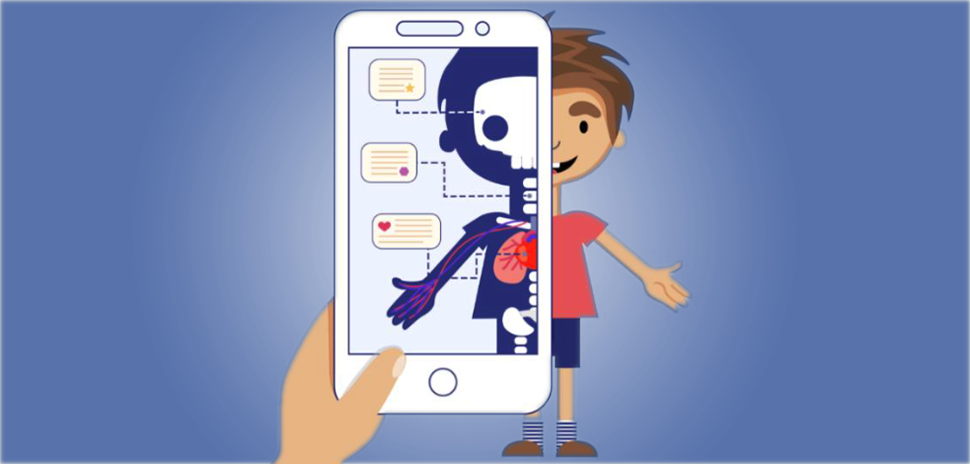Children’s Health of Dallas is the first pediatric system in the nation to use tiny pills to help pediatric transplant patients stay on track with their treatments.
The so-called “smart pill” technology, once ingested, transmits a signal to a patch that the patient wears on their body.
An article in the magazine of the Children’s Hospital Association cited Tara Chamberlain’s 15-year-old son, Izayah, as a patient who is benefiting from the technology, which is manufactured by Proteus Digital Health.
The magazine placed the smart pills at No. 6 on its list of the “25 Biggest Pediatric Health Care Innovations in 25 Years.”
MobiHealthNews reported that Children’s Health turned to the ingestible sensors when other forms of remote monitoring weren’t effective for its population of post-organ transplant teens.
“We had to make sure we were taking the meds on time, so we would both have alarms set on our phones.”
TARA CHAMBERLAIN
Izayah is two years post-operative from a kidney transplant, and the smart pills are part of his medications. They help keep him on schedule for taking medication critical to his survival, and they provide important data to his doctors.
“We had to make sure we were taking the meds on time, so we would both have alarms set on our phones,” Chamberlain said.
The ingested sensor sends its data to Izayah’s tablet, which then assures his mother that Izayah has taken his medication. It also send the information to his physicians at Children’s Health.
His doctors are then able to monitor his heart rate, his sleep patterns, and can measure his physical activity, the article said.
If he misses a scheduled dose of medication, Izayah is notified by his tabled. His care team is notified of any missed or inaccurate doses, too.
“This is part of the future on medicine,” Dev Desai, M.D., chief of pediatric transplantation at Children’s Medical Center in Dallas, said in the article. “This is a great example of technology that is enabling better and more-efficient patient care.”
“This is a great example of technology that is enabling better and more-efficient patient care.”
DR. DEV DESAI
According to the Children’s Hospital Association, Children’s Health plans to treat 75 of its transplant patients with the smart pill technology.
“In the kidney transplant population, it’s been well studied and published that the No. 1 reason that teenagers and young adults lose their transplanted organs is due to medication non-adherence,” Desai said. “The goal of this is to have these children keep their organs for a long time.
“If they don’t follow their care plans, if they don’t take their medications as they should, we see complications, which potentially result in a patient needing a second transplant.”
Julie Hall-Barrow, vice president of virtual health and innovation at Children’s Health told attendees at the Digital and Personal Connected Health Conference at HIMSS17 recently that adolescent patients were more likely to forget taking medication and to say that they had taken it, according to MediHealthNews.
“They were going to sleepovers and hanging out with friends, and they didn’t want to take all their stuff.”
JULIE HALL-BARROW
“They were going to sleepovers and hanging out with friends, and they didn’t want to take all their stuff,” she said. “And, when we set them up with BYOD and we put it on their phone, they were saying ‘Yeah, I took it, I took it. Not very good data.”
Hall-Barrow noted at the conference two examples — a 16-year-old girl who had not increased a dosage as instructed and an 18-year-old boy who was only taking one pill instead of the two pills he needed. Both were contacted an instructed on what to do.
Children’s Health said that the first pediatric patient to use the smart pill technology was 5-year-old Riley Kinman who received a kidney transplant from her father. The health system said the family was grateful for the peace of mind afforded by the technology.
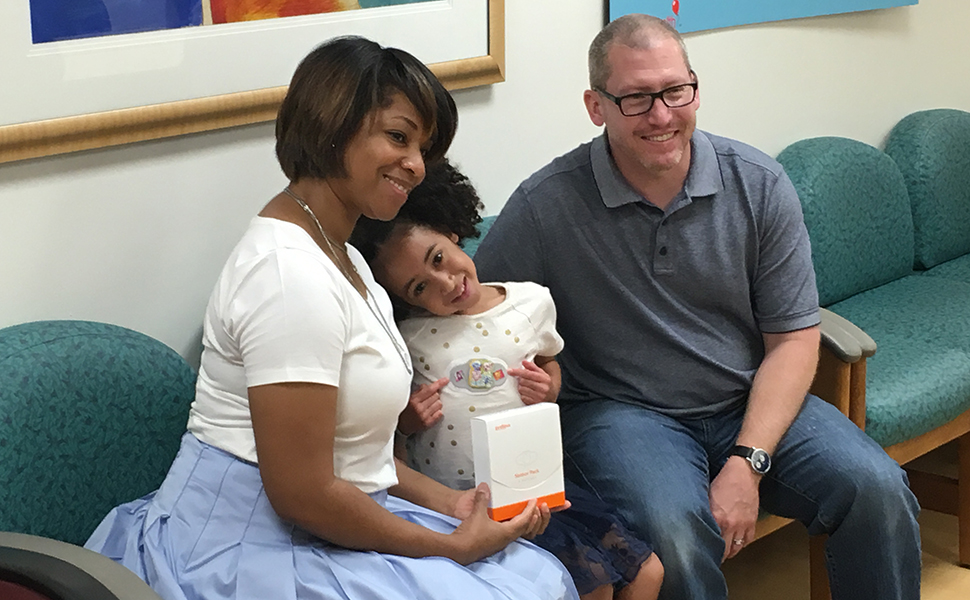
Riley Kinman, shown with her parents, was the first patient to use the smart pill technology. [Photo Courtesy Children’s Health]
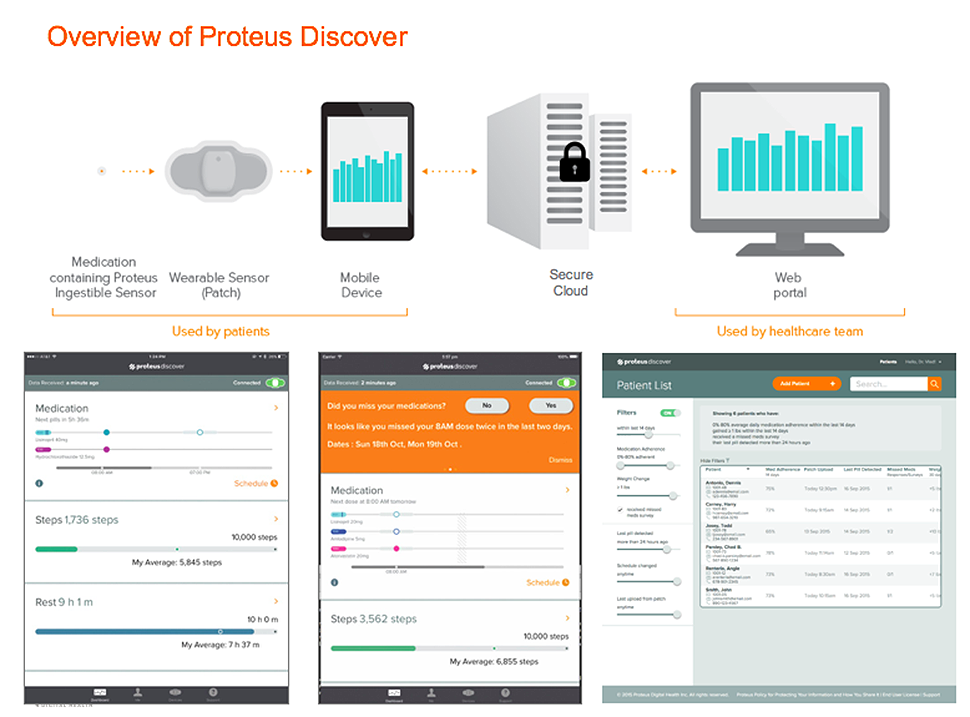
[Graphic Courtesy Proteus Digital Health]
Delivering what’s new and next in Dallas-Fort Worth innovation, every day. Get the Dallas Innovates e-newsletter.










